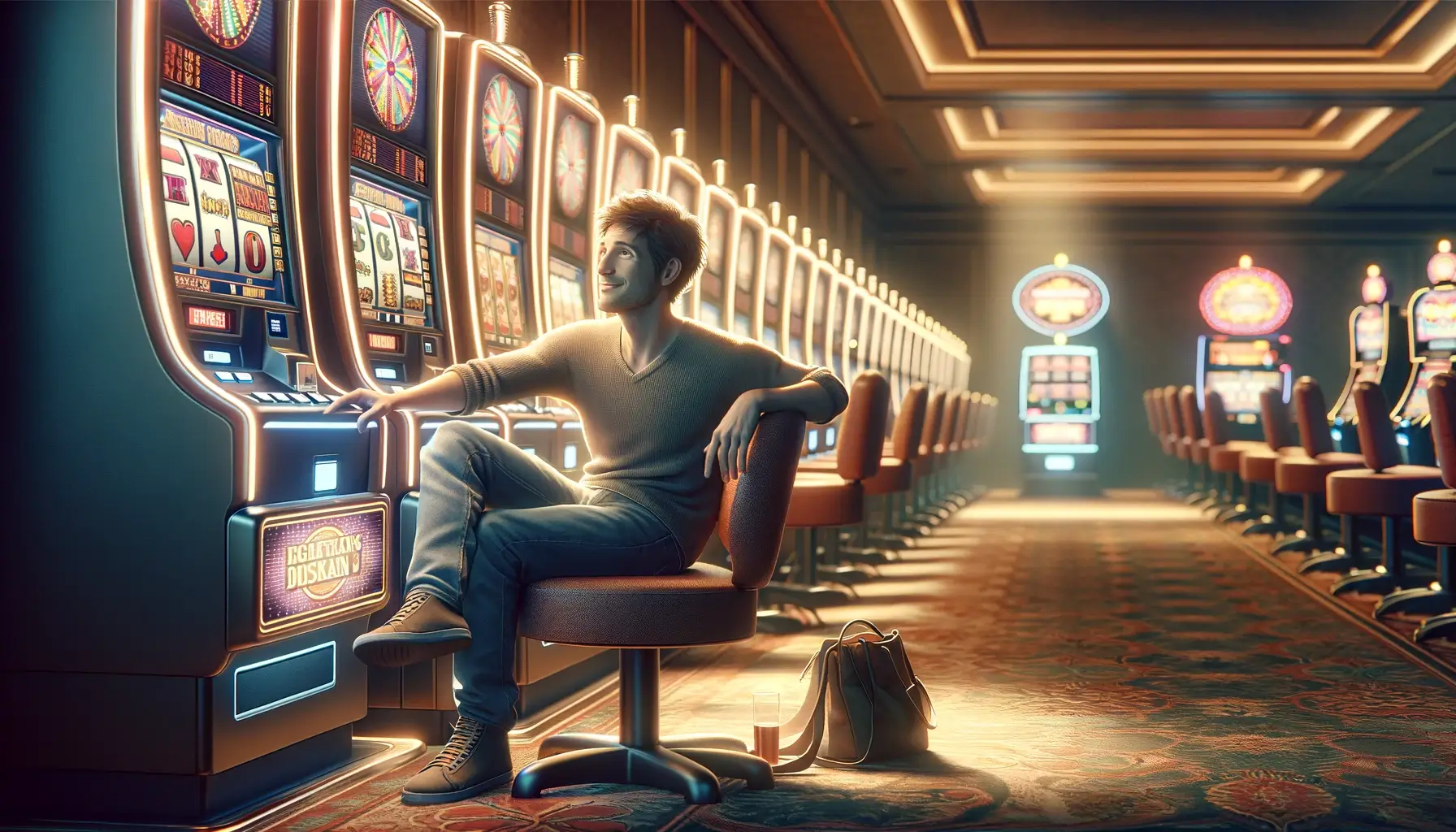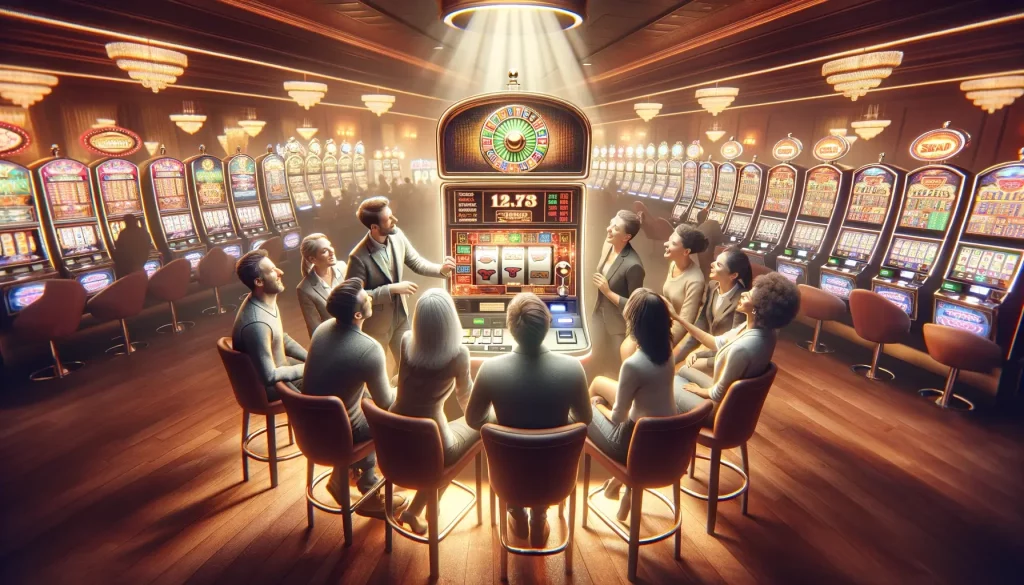
The Psychology Behind Slot Machine Designs: How They Keep You Playing
Slot machines, with their flashing lights, captivating sounds, and the promise of big payouts, are designed to entice and keep players engaged. The psychology behind their design is a fascinating study of how sensory cues, game mechanics, and reward systems can influence human behaviour. This article explores the intricacies of slot machine designs and how they tap into our psychological predispositions to keep us playing.
Visual and Auditory Stimuli
Slot machines are masterpieces of sensory stimulation. Bright lights and vivid colours draw players in, while the sounds of coins dropping and music playing create an environment of excitement and possibility. These auditory and visual stimuli are designed to trigger a sense of anticipation and elation, encouraging prolonged play.
The Illusion of Control
Many slot machines are equipped with buttons and options that give players the illusion of control over the outcome. This perceived control can lead to increased confidence in winning and, consequently, more time and money spent on the machine. The reality is that slot outcomes are determined by random number generators, making each spin's outcome entirely independent of the player's actions.
Variable Ratio Schedule of Reinforcement
Slot machines operate on a variable ratio schedule of reinforcement, where rewards are given out at unpredictable intervals. This unpredictability is key to its addictive nature. Players become conditioned to anticipate a reward and continue to play in the hope that the next spin will bring a win. This mechanism is similar to how certain behaviours are reinforced in psychological experiments.
Near Misses and False Wins
Slot machine designers ingeniously incorporate near misses and false wins into game play. Near misses—where the reels stop just short of a winning combination—create a sense of closeness to winning, encouraging players to try again. False wins, where the payout is less than the wager, are celebrated with lights and sounds, creating a sense of achievement despite the actual loss.
Escalating Rewards and Progressive Jackpots
The promise of escalating rewards and progressive jackpots also plays into the psychological design of slot machines. The potential for a life-changing win, however slim the odds, can motivate players to continue playing, fueled by stories of others who have won big.
Social Interactions and Group Play
Slot machines situated in groups or offering multiplayer games can create a social environment that encourages continued play. The presence of others experiencing wins can trigger a bandwagon effect, prompting individuals to keep playing in anticipation of their own win.
Conclusion
The design of slot machines is a sophisticated interplay of psychology, technology, and game theory, all aimed at maximizing player engagement and retention. Understanding the psychological tactics employed can help players remain mindful of their behaviour and make informed choices about their gaming activities.

FAQs
1. Why do slot machines use lights and sounds?
Lights and sounds in slot machines are designed to stimulate the senses and create an environment of excitement. They signal wins and near misses, enhancing the player's emotional engagement and encouraging continued play by creating a sense of anticipation and reward.
2. Is there really no way to influence the outcome of a slot machine?
Correct. Slot machine outcomes are determined by random number generators, making each spin completely independent of player actions or previous outcomes. While machines offer interactive features to engage players, these do not affect the game's outcome.
3. What exactly is a "false win" on a slot machine?
A false win occurs when a slot machine celebrates a payout that is less than the player's original bet. Despite the player actually losing money on the spin, the machine's lights and sounds create a perception of victory, encouraging further play.
4. How do "near misses" affect player behaviour on slot machines?
Near misses—spins where the symbols align just short of a winning combination—exploit the player's sense of closeness to a win, compelling them to continue playing in the belief that a win is imminent. This psychological tactic leverages our natural tendency to interpret near misses as signals of future success.
